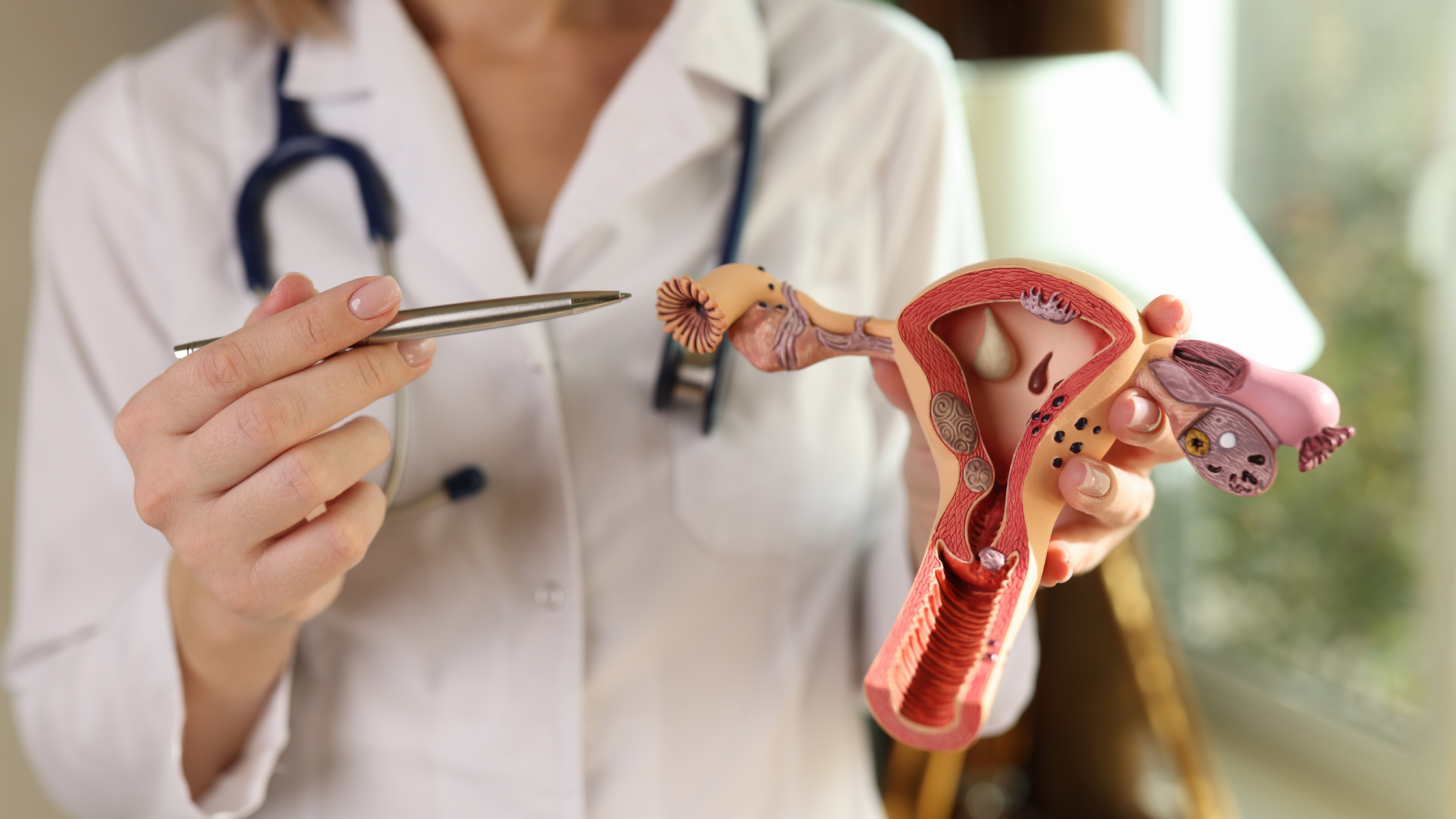Does an Egg Retrieval Decrease Your Egg Supply?
For many individuals and couples considering in vitro fertilization (IVF) or egg freezing, concerns about the potential long-term effects on their reproductive health are common.
Does an Egg Retrieval Decrease Your Egg Supply?
One question is whether undergoing an egg retrieval procedure can decrease a person's overall egg supply. Here, we’ll explore the science behind an egg retrieval, the biological processes involved, and what IVF and egg freezing patients can expect regarding their ovarian reserve.
The Basics of Egg Supply
Female’s are born with a finite number of eggs, which naturally decrease over time. At birth, the ovaries contain approximately 1-2 million eggs, but this number dwindles to around 300,000 by the time of puberty. With each menstrual cycle, a woman loses about 1,000 eggs, out of which typically only one matures and is ovulated. The rest undergo a natural process called atresia, where they degenerate and are reabsorbed by the body.
What Happens During Egg Retrieval?
Egg retrieval is a critical component of IVF and egg freezing. The procedure involves stimulating the ovaries with hormones to produce multiple mature eggs, which are then retrieved through a minor surgical procedure under ultrasound guidance. Here's a step-by-step overview:
1. Ovarian Stimulation: Patients take hormone injections to stimulate the ovaries to produce multiple eggs.
2. Monitoring: Through blood tests and ultrasounds, doctors monitor the development of the follicles (fluid-filled sacs where eggs mature).
3. Trigger Shot: A final injection is given to induce the final maturation of the eggs.
4. Egg Retrieval: Approximately 36 hours after the trigger shot, eggs are collected using a needle guided by ultrasound through the vaginal wall.
Impact on Egg Supply
One of the main concerns is whether egg retrieval depletes a woman’s egg reserve more rapidly than natural ovulation. Here are key points to understand:
1. Natural Cycle vs. Stimulated Cycle: In a natural cycle, only one egg typically reaches maturity and is ovulated, while many others are lost through atresia. In a stimulated cycle, the hormones used in IVF rescue some of these otherwise lost eggs, allowing multiple eggs to mature and be retrieved.
2. Number of Eggs Retrieved: The number of eggs retrieved during an IVF cycle can vary widely but usually ranges from 5 to 20, depending on the individual's response to the medication.
3. No Long-Term Depletion: Egg retrieval does not deplete the ovarian reserve more than it would naturally. The procedure capitalizes on the eggs that would have otherwise undergone atresia. Hence, it does not reduce the number of eggs available in future cycles beyond the natural monthly reduction.
Research and Expert Opinions
Research and fertility experts agree that egg retrieval does not significantly impact a woman's overall egg supply. Studies have shown that the ovarian reserve, typically measured by Anti-Müllerian Hormone (AMH) levels and antral follicle count (AFC), remains stable after multiple retrieval cycles.
Dr. Temeka Zore, Double board certified OBGYN, REI explains that, “in a normal menstrual cycle, we have a certain number of follicles that are visible on ultrasound called your antral follicles. Each month, your brain releases enough hormone for one follicle to grow and the egg inside to mature and eventually ovulate. The rest of those follicles “die off” and the process repeats itself monthly. In IVF, you take injectable medications similar to what your brain produces to develop multiple follicles so we can get multiple eggs. We are not developing extra follicles but simply taking what would have been there and died off and rescuing them!”
Considerations for Patients
While the process of egg retrieval is considered safe and does not accelerate the loss of eggs beyond the natural atresia process, it is important for patients to consider the following:
Age Factor: Age plays a critical role in both the quantity and quality of eggs. Younger patients typically have a higher ovarian reserve and better-quality eggs.
Multiple Cycles: Some patients may need more than one cycle to retrieve enough eggs, especially if planning for future fertility preservation.
Personal Health: Underlying health conditions and overall reproductive health can influence ovarian response to stimulation.
For those considering IVF or egg freezing, the reassuring news is that egg retrieval does not significantly deplete your natural egg supply. The procedure makes use of eggs that would otherwise be lost, preserving your chances of future conception without accelerating the natural decline of your ovarian reserve. Always consult with a fertility specialist to understand your unique situation and the best course of action for your reproductive goals.
Medical Disclaimer:
The information provided in this blog is intended for general informational purposes only and should not be considered as a substitute for professional medical advice, diagnosis, or treatment. Always seek the advice of your healthcare provider or qualified medical professional with any questions you may have regarding a medical condition. Never disregard professional medical advice or delay in seeking it because of something you have read in this blog.


